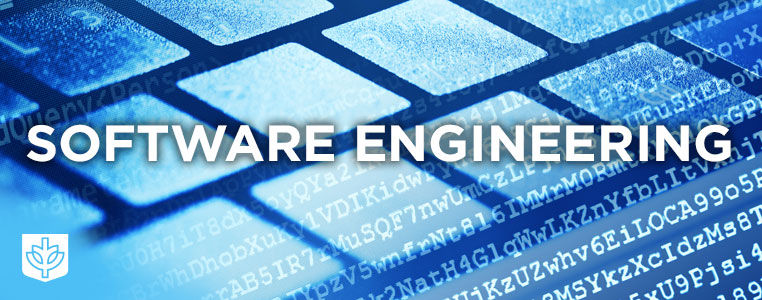Chapter:
Explaination of the software life cycle model that incorporates risk factor

The problem with traditional software process models is that they do not deal
sufficiently with the uncertainty, which is inherent to software projects.
Important software projects failed because project risks were neglected and
nobody was prepared when something unforeseen happened. Barry Boehm recognized
this and tried to incorporate the ' project risk' factor into a life cycle
model. The results is the spiral model, which was presented in 1986 BOEH86 Each
loop of the spiral from X-axis clockwise through 3600 represents one phase. One
phase is split roughly into four sectors of major activities.
� Planning : Determination of objectives, alternatives and
constraints
� Risk Analysis : Analyze alternatives and attempts to identify
and resolve the risks involved
� Development : Product development and testing product
� Assessment : Customer evaluation
During the first phase, planning is performed,
risks are analyze, prototypes are built, and customers evaluate the prototype.
During the second phase, a more refined prototype is built, requirements are
documents and validated, and customers are involved in assessing the new
prototype. By the time third phase begins, risks are known, and a somewhat more
traditional development approach The advantage of this model is the wide range
of options to accommodate the good features of outer life cycle models. It
becomes equivalent to another life cycle model in appropriate situations. It
also incorporates software quality objectives into software development. The
risk analysis and validation steps eliminate errors in the early phases of
development
Related Topics